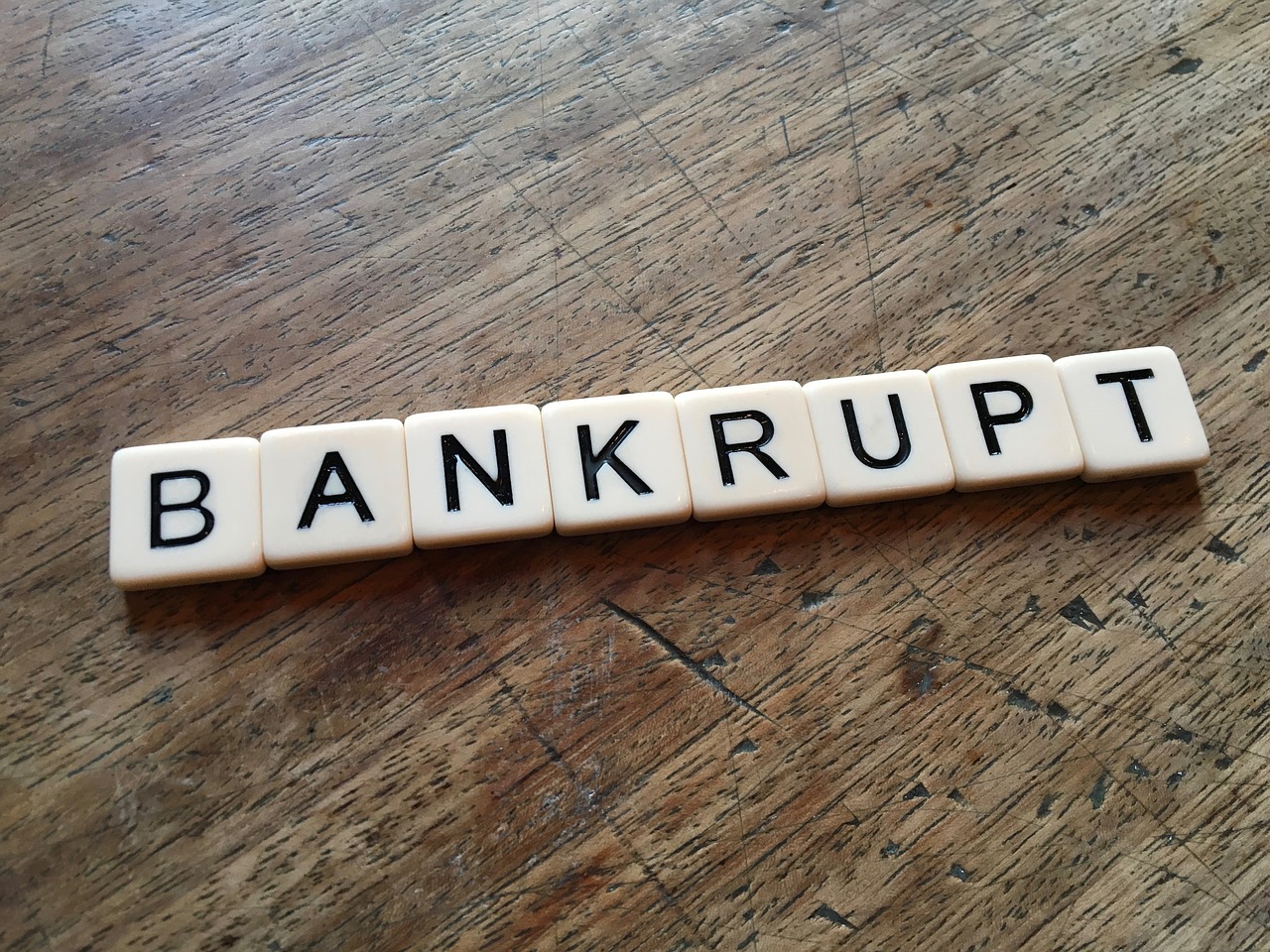
A Guide to Bankruptcy for Australian Residents
The term bankruptcy refers to the situation where a business or an individual is unable to pay their liabilities and debts when they are due and they have either voluntarily filed for bankruptcy, or a creditor has filed a bankruptcy creditors petition with the AFSA on their behalf.
Bankruptcy is often the last path of resolution when it comes to solving issues with personal debt, however it is an option that will for the most part allow you to start again, and rebuild without the stress and anxiety that comes along with difficult financial situations.
What happens if I become bankrupt?
When you file for bankruptcy you will most likely appoint a Trustee to manage the day to day administration of your bankruptcy application, as well as deal with the communications, negotiations and resolutions with your secured creditors. Once you have done this, the Trustee will assume responsibility for your affairs and will commence the process of formalising the administration.
Will I still have to pay my debts?
Whether or not you will need to pay your debts after your bankruptcy is finalised is dependent on a lot of different factors including the nature of the debt, your personal assets and the types of creditors you owe money to. We will explore this in a little more detail.
Unsecured Debts
Unsecured debts are those that do not have any security or collateral guarantees against the loan. Common examples of unsecured debts include credit cards and some personal loans. Other types of unsecured debts include things like unpaid utility bills and rent. When you are placed into bankruptcy, these creditors will be notified and should cease chasing you for payment.
You will not need to continue paying unsecured debts in most cases, however there are some exceptions such as child support, fines and infringements and similar.
Secured Debts
Secured debts are those that have a contractual security against them, such as the asset that the debt relates to e.g. Mortgages and Car Loans and unpaid Tax. Secured creditors will have the right to claim against your liquidated estate at the time of bankruptcy and will be paid with whatever is collected from the sale of your major assets.
How long does bankruptcy last?
Usually, a person who is declared Bankrupt remains in that state for a period of 3 years and 1 day. Once the period has ended, your bankruptcy will be discharged, however if obligations agreed to during the bankruptcy process have not been adhered to, then this may be extended for an additional 2 to 5 years depending on the situation.
Am I able to keep any of my assets?
Under the bankruptcy laws in Australia you can keep some assets that fall under certain classifications; however, any assets of major value will be sold in order to pay your outstanding secured debts. Items that can be kept include but are not limited to household items, personal effects, furniture and appliances as well as any tools you require to earn an income such as tools of the trade or personal computers and phones.
You may also be able to retain ownership over your car if you require it to commute to and from work and if the value of the car falls under a certain limit.
Will bankruptcy impact my credit record/file?
In the short term yes. All bankruptcies are recorded on your credit file for a total period of 5 years. After this time, they will be removed however the information can still be accessed on the National Personal Insolvency Index (NPII).
Do I have any other options?
Declaring bankruptcy is a major decision. If you are suffering financial hardship there may be other ways to control and lessen your current payment obligations in a way that will help you get back on your feet without having to go to the extremes of declaring bankruptcy.
Before formally applying for bankruptcy it is always a good idea to seek the help of professionals who will be able to discuss your current situation and advise on possible ways to manage your debt more effectively.
Our team of lending experts have been helping Australian’s to consolidate their debts and make them more manageable and have been able to help many Australian’s to avoid bankruptcy through strategic debt planning and debt consolidation.
If you are interested in learning more about your options, then feel free to reach out today.
Bernie Kyne
Mortgage Consultant
0400141757
bernie.kyne@mortgage-express.com.au



